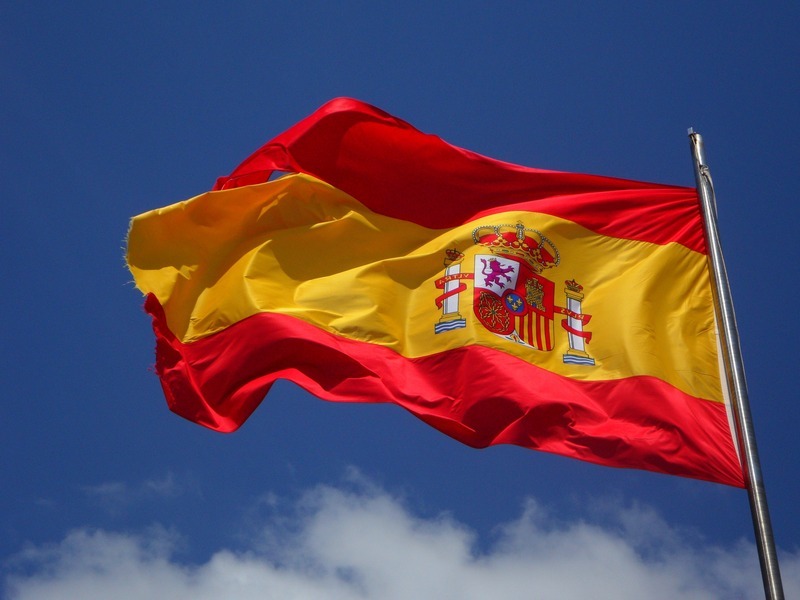
The decision of the Constitutional Court of Spain to uphold abortion has caused widespread debate and discussion. José Ignacio Munilla, Bishop of Orihuela-Alicante, Spain, has expressed his concern about the implications of this decision.
He believes that the law that allows to abort human life up to the first 14 weeks of gestation effectively denies human rights to some individuals. The bishop argues that this ruling creates an exception to the principle of non-discrimination, which is a fundamental aspect of public discourse.
Bishop Expressed Deep Concern about Abortion with People with Down Syndrome and Rejected Legal Challenge for Abortion Law
According to AP News, Spain's constitutional court has rejected a legal challenge brought against the country's law that permits abortions during the first 14 weeks of pregnancy. The challenge was lodged over a decade ago by the conservative Popular Party, which argued that the law was unconstitutional due to the fetus's right to life.
However, the court's decision found that the challenge did not have sufficient support, with four new judges appointed last year, shifting the court's balance to the left. The issue of abortion has once again become a politically sensitive topic in Spain, with proposals from far-right regional governments creating further controversy.
Bishop José Ignacio Munilla of Orihuela-Alicante has expressed his deep concern regarding the abortion of people with Down syndrome, which he has described as a "true massacre" and a "holocaust". In the article in Catholic News Agency, he challenged those who support abortion by asking them to look at individuals like Ana, a girl with Down syndrome, and tell her that she had no right to be among them.
Munilla argued that the right to life is pre-constitutional and inherent. The request is like the other rights; it is already present at birth and does not come from the Constitution or the ballot box. He emphasized that legality should be sustained by morality and that the right to life comes from the dignity of a person who is created in this world in the image and likeness of the almighty god
Also Read: Efforts to Increase Access to Abortion Pills Gain Momentum, Despite Ongoing Controversy
Controversy Over Spain's Abortion Law: A Look at the 2010 Legislation and Recent Developments
Spain's abortion law has been a contentious issue in the country's political landscape. ABC News reported that in 2010, a new law allowed women in Spain to get an abortion within the first 14 weeks of pregnancy. The law also allowed for abortions up to 22 weeks if the mother's health was at risk or if the fetus had a severe abnormality.
The law was a significant change for Spain, a country with a strong Catholic tradition. The Popular Party, which has close ties to the Catholic Church, has traditionally opposed abortion. Despite this, the party's current leader, Alberto Núñez Feijóo, recently stated that he would accept the court's decision to uphold the existing window for abortion access. This decision is important for the ongoing debate over reproductive rights in Spain.
Related Article: Pope Francis' Words on Abortion Misrepresented by Biden, Critics Label it 'Fake Catholicism'


















